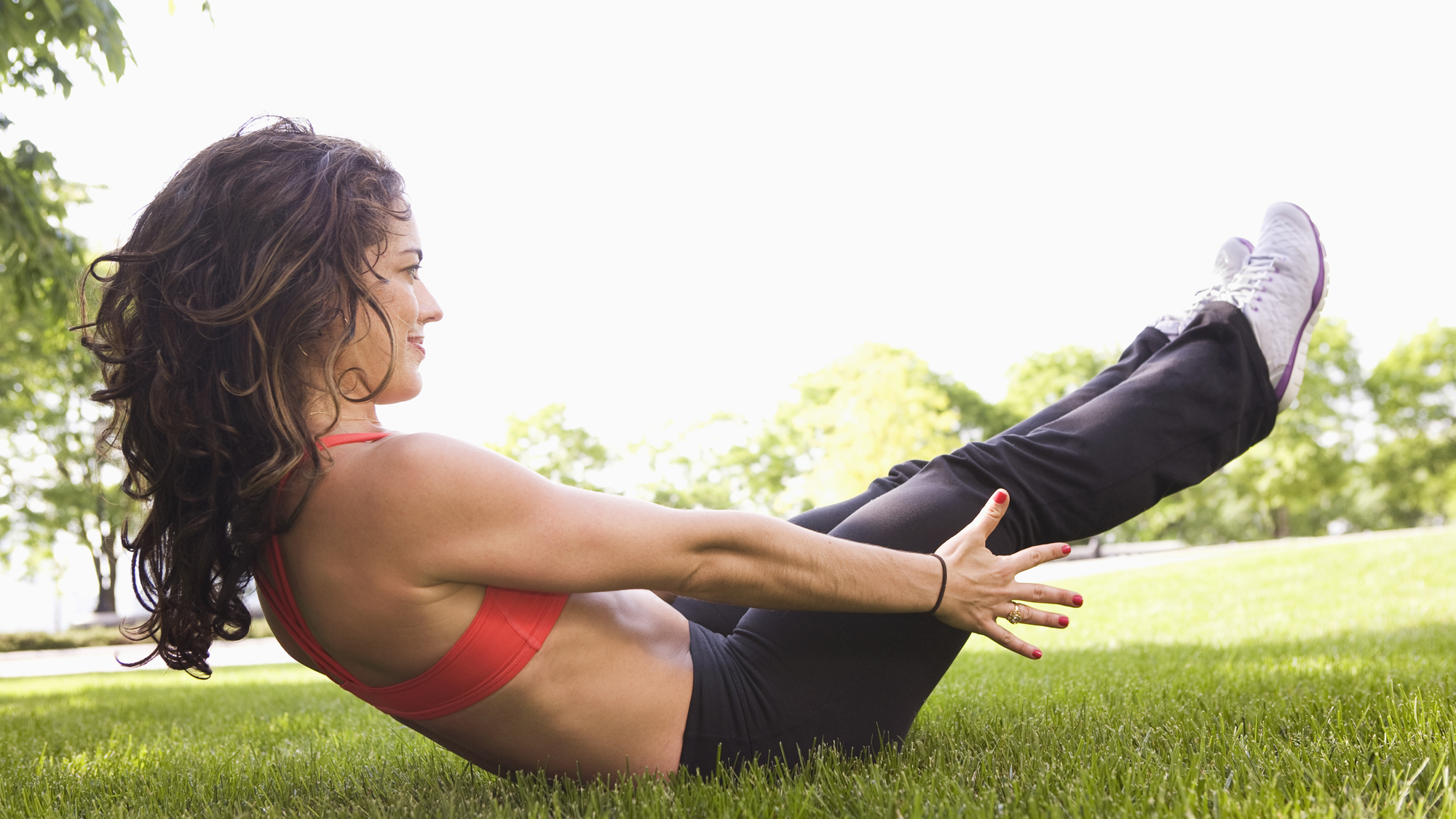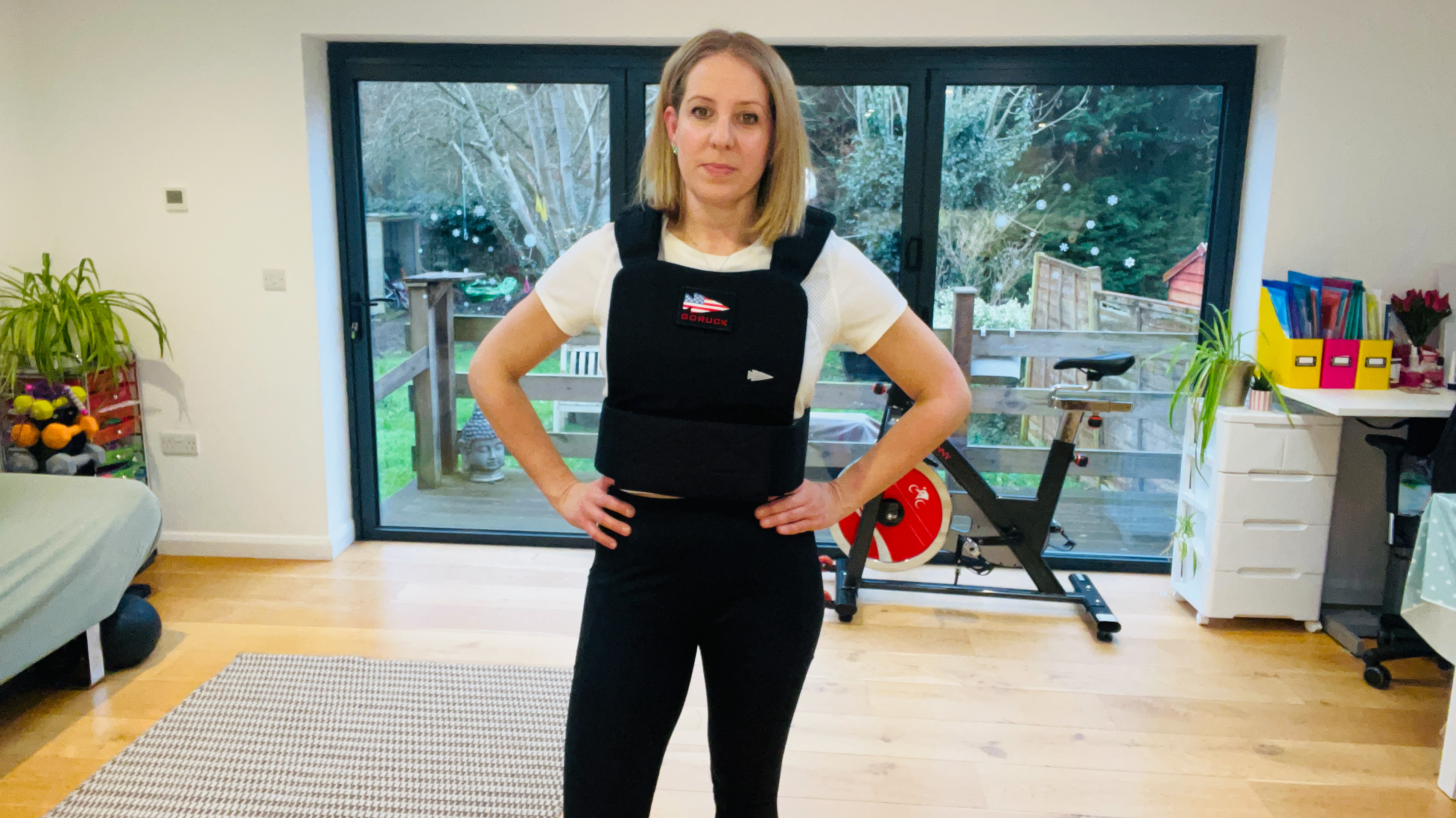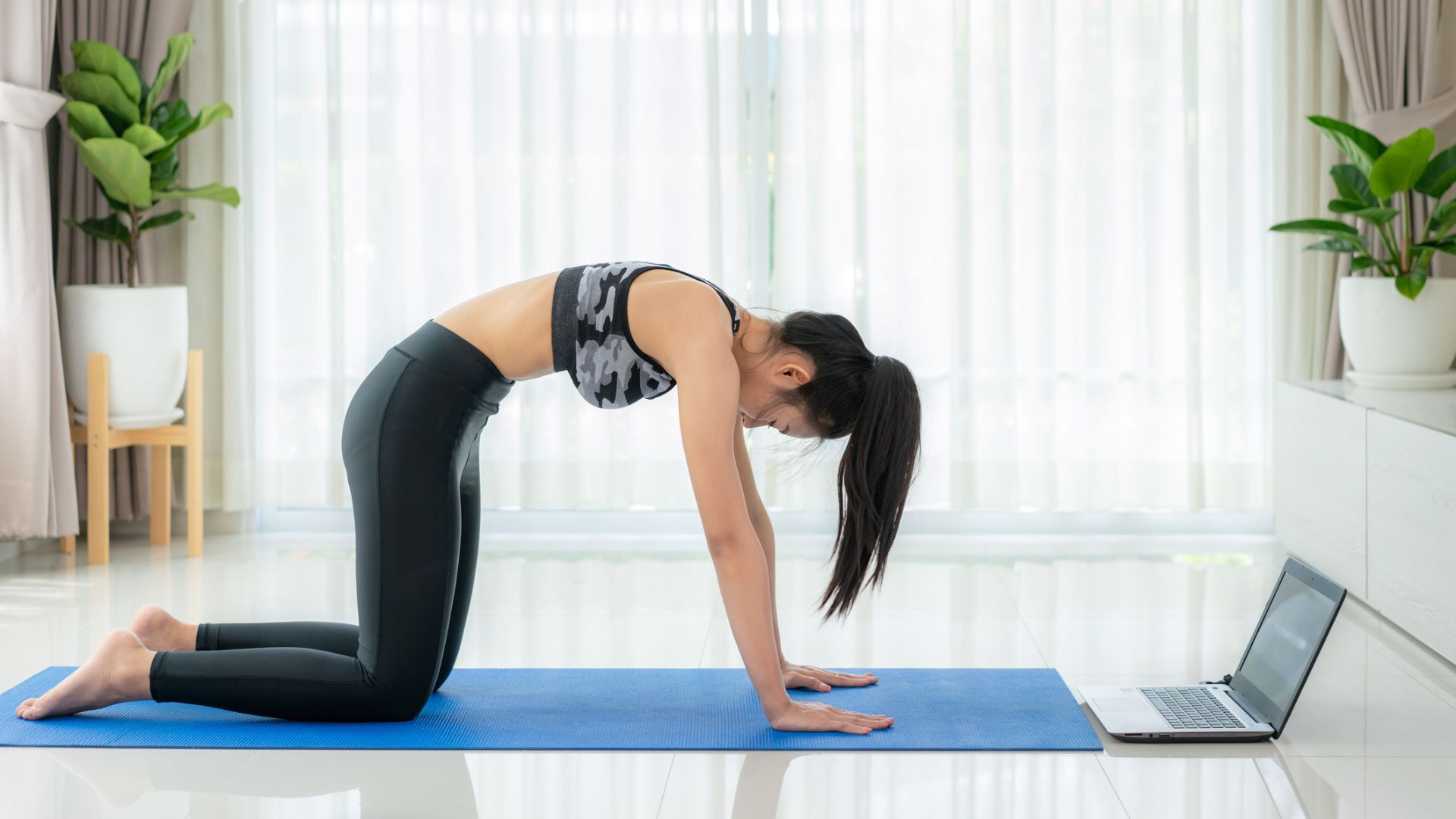Research says it takes just four weeks to build up your abs
You don't have to train for months to start feeling the benefits of improved core strength


If you've been hoping to build six-pack abs, you probably imagine it'll take months of intensive training, thousands of crunches, and a lot of motivation. To get visible results, that might still be the case. The good news is that it doesn't take long to develop noticeable core strength: the "trunk" of your body, consisting of your abdominals, obliques and lower back, is important for overall health at every stage of life.
You don't have to invest in equipment to get a few ab sessions in, as you can do many of the best workouts for abs without machines and weights. You can get started right now and have improved core strength, as a new study found your abdominal strength improves after just four weeks of training.
According to the study published in the Journal of Physical Therapy Science, some measures of core stability increased after a four-week strength training program. The researchers split the participants into a control group, who went about their normal daily activities, and a training group.
The low-impact exercises, which included moves to train their pelvic floor and diaphragm, took around 30 minutes per day, and the group did this five times a week. By the end of the study, there was a marked improvement in core stability, measured by a task which tested the participant's balance control.

Notably, the study had a small sample size, just 12 participants in the training group, comprised of active college students. It's possible that this impacted the overall results, so the improvements in older people, especially if they weren't previously active, would be more pronounced.
Core stability is crucial because, as the researchers note, "when a person with disabilities or a senior citizen loses balance in an upright position, the ability to more rapidly reaction with posture control is important." Abs don't just look good: they affect our balance and motor control, which is important in all walks of life. Whether you're a young, active runner or a senior hoping to still be able to get up and out of a chair under your own power in ten years, training your trunk is important.
And there are plenty of other reasons to develop a stronger core. Building stronger abs improves stability, circulation, and sports performance. That's not to mention that a supportive mid-body promotes good posture, lowers your risk of injury, and helps reduce long-term back pain.
Get the Fit&Well Newsletter
Start your week with achievable workout ideas, health tips and wellbeing advice in your inbox.
If it's visable results you're after, you'll need to keep fat low around your waistline. For that, add some of the best exercises for weight loss into your routine. That said if you feel ready and want to challenge yourself, add a set of the best adjustable dumbbells into the mix for a full-body workout.

James is a London-based journalist and Fitness Editor at Fit&Well. He has over five years experience in fitness tech, including time spent as the Buyer’s Guide Editor and Staff Writer at technology publication MakeUseOf. In 2014 he was diagnosed with a chronic health condition, which spurred his interest in health, fitness, and lifestyle management.
In the years since, he has become a devoted meditator, experimented with workout styles and exercises, and used various gadgets to monitor his health. In recent times, James has been absorbed by the intersection between mental health, fitness, sustainability, and environmentalism. When not concerning himself with health and technology, James can be found excitedly checking out each week’s New Music Friday releases.
-
 I’m a personal trainer and I tell all my clients to do this weighted workout to build muscle and bone health
I’m a personal trainer and I tell all my clients to do this weighted workout to build muscle and bone healthMake home training even more effective
By Maddy Biddulph Published
-
 I'm always stiff from sitting, so I tested out a 12-minute morning mobility routine to see if it could help
I'm always stiff from sitting, so I tested out a 12-minute morning mobility routine to see if it could helpThe short routine taught me a lot about my body
By Becks Shepherd Published